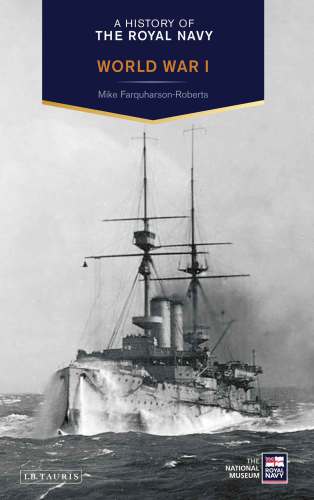

Most ebook files are in PDF format, so you can easily read them using various software such as Foxit Reader or directly on the Google Chrome browser.
Some ebook files are released by publishers in other formats such as .awz, .mobi, .epub, .fb2, etc. You may need to install specific software to read these formats on mobile/PC, such as Calibre.
Please read the tutorial at this link: https://ebookbell.com/faq
We offer FREE conversion to the popular formats you request; however, this may take some time. Therefore, right after payment, please email us, and we will try to provide the service as quickly as possible.
For some exceptional file formats or broken links (if any), please refrain from opening any disputes. Instead, email us first, and we will try to assist within a maximum of 6 hours.
EbookBell Team

4.7
56 reviewsFor many years the naval warfare of World War I has been largely overlooked; yet, at the outbreak of that war, the British Government had expected and intended its military contribution to the conflict to be largely naval. Britain was not simply defending an island; it was defending a far flung empire. Without the navy such an undertaking would have been impossible. Following the naval arms race in the early 20th century, both Britain and Germany were equipped with the latest naval technology, including revolutionary new vessels such as dreadnoughts and diesel-powered submarines. Although the Royal Navy's operations in World War I were global, most of the fleet's strength was concentrated in the Grand Fleet, which confronted the German High Seas Fleet across the North Sea. At the Battle of Jutland in 1916 the Royal Navy, under the command of Admiral Jellicoe, fought an iconic, if inconclusive battle for control of shipping routes. 43,244 Royal Navy personnel lost their lives...